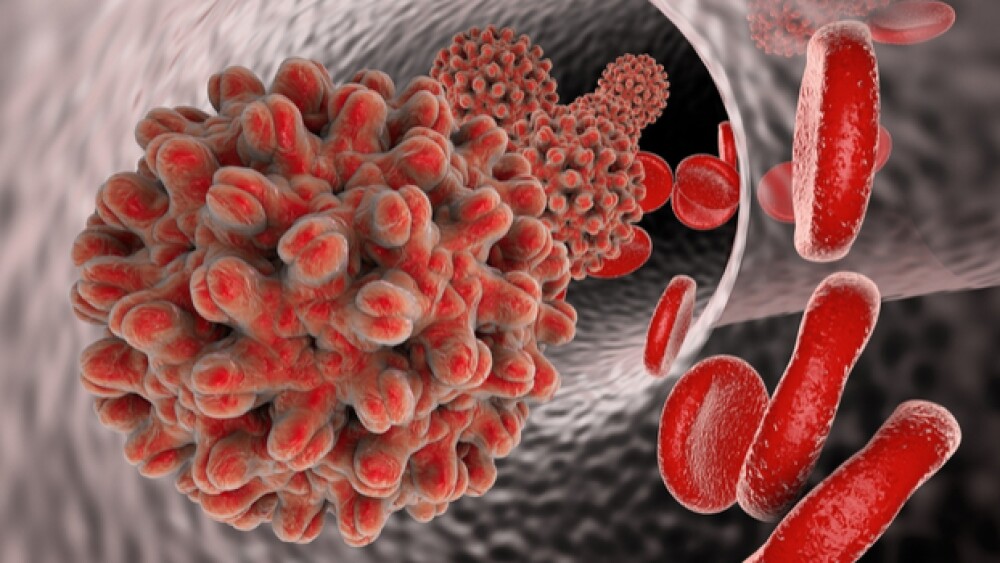On Tuesday, the U.K. pharma giant optioned to license an antisense treatment from Ionis Pharmaceuticals following positive Phase II results in chronic hepatitis B virus infection.
GlaxoSmithKline is pushing forward with developmental plans for a hepatitis B treatment. On Tuesday, the U.K. pharma giant optioned to license an antisense treatment from Ionis Pharmaceuticals following positive Phase II results in chronic hepatitis B virus (CHB) infection.
GSK paid California-based Ionis $25 million upfront for the mid-stage asset. Under terms of the deal, Ionis could receive up to $262 million in milestone payments. Ionis could also receive tiered royalties in the low double digits on any sales, should the treatment be approved for market. With the licensing deal, GSK is now responsible for all development, regulatory and commercialization activities and costs, Ionis said in a statement.
Data from the Phase II trial that sparked GSK’s interest will be presented later at a conference, Ionis said. However, the company noted that its asset targets the root cause of CHB, a chronic viral infection of the liver that can lead to significant and potentially fatal health conditions, including cirrhosis, liver failure and liver cancer. The company believes the mid-stage asset is a significant advancement over existing conditions. Brett P. Monia, chief operating officer at Ionis, said taking on the root cause of the disease means the potential development of a transformative medication for people who deal with this disease.
“We believe GSK’s development and commercialization expertise in infectious diseases makes them the ideal partner to help address this high unmet need,” Monia said in a brief statement.
There is a significant market for CHB treatments. There are more than 200 million patients worldwide living with CHB. Current treatments for patients with CHB provide low levels of hepatitis B virus S antigen seroclearance, which leaves many patients without a treatment to achieve sustained disease remission. Current drugs on the market to treat CHB include Gilead Sciences’ Viread and Bristol-Myers Squibb’s Baraclude.
Ionis and GSK have had a working relationship in the past, however, it has been somewhat bumpy. In 2016, the two companies parted ways over a treatment of patients with TTR amyloidosis. GSK backed off that deal following a clinical hold that had been placed on the Ionis asset.
However, that part of the relationship between the two companies was under a previous company administration. With Emma Walmsley in charge and Hal Barron running the company’s research and development program, the company is embarking on new options for various treatments to bolster its revenue stream, which still has some dependence on older respiratory medications.





